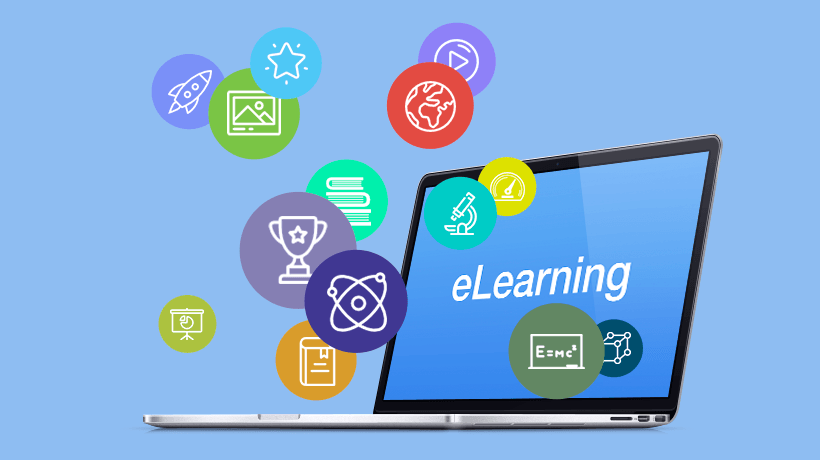What Are the Types of Learning Management Systems?

Learning Management Systems have been heard to be implemented by most online courses available on the internet. The worldwide interconnectivity of the web has opened a new web-based industry dedicated to educational purposes. The virtual presence of these informational sites inspired the creation of the Learning Management System.
What is a Learning Management System?
The widely-recognized Learning Management System, collectively known as LMS, is an online system commonly applied with online educational endeavors. It is popularly represented by any variant of internet-based software applications created for online learning platforms. Learning Management Systems aims to provide a flexible structure that eases the methods involved with teaching people through virtual ways.
The typical Learning Management System is an online system invented for planning, execution, and assessing the efficiency of a web-based course or learning process. The structure of a Learning Management System is applied with the Teachable e-learning course platform, which aims to deliver quality online education towards its multitude of subscribers. Teachable has evolved into one of the most established e-learning websites available on the internet.
Software applications incorporating a Learning Management System are suitable for online courses. It helps with administration, recording, tracking, documentation, and overall management of an educational website. Learning Management Systems are beneficial for online educators for their ability to maintain consistent academic collaboration.
Several organizations such as colleges, corporations, and companies utilize a Learning Management System to train and educate students and employees with a virtual education method. It can also be used to track and maintain employee performance, records, and learning capabilities. Learning management systems apply to online training purposes and courses for students and employees.
Types of Learning Management Systems
Learning Management Systems are beneficial for companies and schools that can teach people with digitized methods of education. There are now several types of learning management systems available for organizations to train people in a virtual setting. It can be used in managing an extensive curriculum and the distribution of learning materials to specific individuals being a student or part of a company workforce.
Online course providers and educational websites are now implementing Learning Management Systems. The developers of Learning Management System software are responsible for the technical aspects of keeping their products operational. The programming structure of a Learning Management System can be modified to fit the requirements of a customer.
Open Source
Free Learning Management Systems, also known as open-source systems, are the most typical. Aside from no resources required, its structural source code is available for any individual or organization wanting to modify their teaching and training methods. Open sources are best utilized by specialists capable of manipulating its sophisticated programming.
Commercial
Commercial platforms feature a user-friendly interface and function affordable to most people who want to create an online educational platform. It has the advantages of having a support staff that tends to the technical aspects of the system. Commercial systems are more comfortable deploying and being used by many programmers to craft educational software applications based upon students’ and employees’ learning requirements.
Cloud-Based
Cloud-based Learning Management Systems provide more flexibility to educators, professors, specialists, experts, and trainers. The Cloud-based system is typically offered as a monthly service. Its service providers mostly perform system updates, software upgrades, additional bandwidth, and technical support. It also can be adjusted on a larger-scale due to its cloud-based structure.
Installed
Locally installed Learning Management Systems are versatile for every specialist that possesses the knowledge to re-engineer its programming. Installed systems have the modular capability to be personalized and made suitable based upon any individual’s preferences. An installed Learning Management System can be kept operational and practical with an existing support staff trained to tackle upgrades and updates necessary for the software product.
Conclusion
Learning Management Systems are now being applied to educational websites. Several schools and companies use Learning Management Systems for the virtual method of training their employees or teaching students on the internet. It is commonly used to manage e-Learning processes and the online distribution of course materials.
